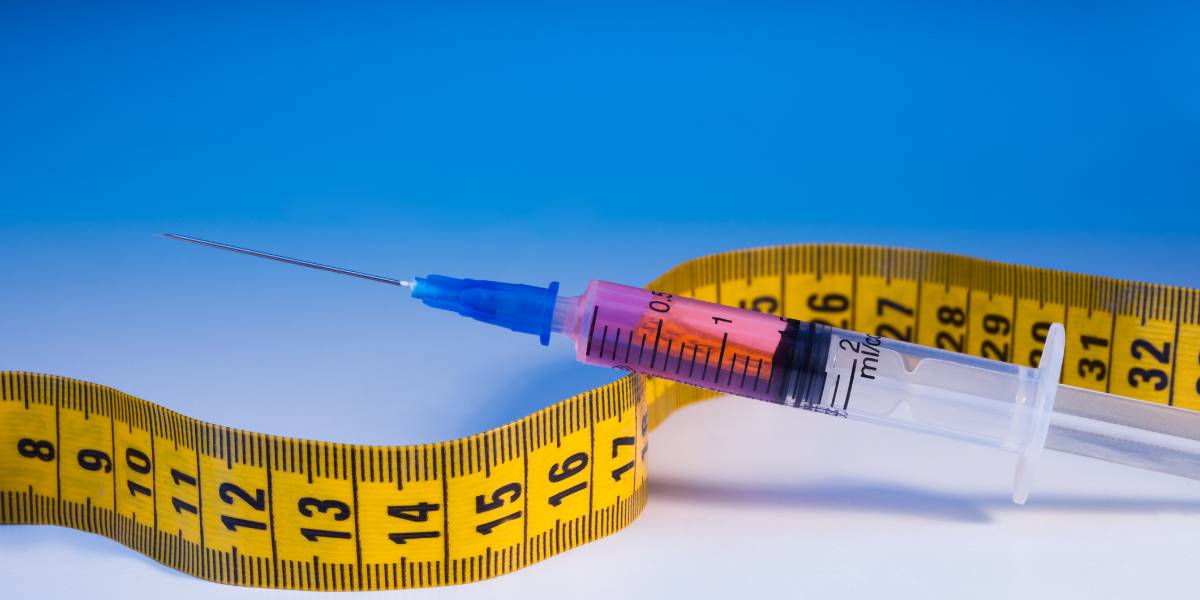The Department of Health has recently issued a warning that buying weight-loss injections from unregulated sources poses a serious risk to their health.
It revealed that demand for these injection pens has increased lately, including from online sellers, and that there were several injection pens in circulation throughout Northern Ireland.
These injection pens will often not have been prescribed by a healthcare professional or adhere to the “normal safety and quality controls on manufacture”.
- Weight loss injections can help treat cancer, research suggests
- Patient influencers: experts call alarm about the rise in social media trend
Semaglutide, for example, is a medicine frequently prescribed for weight loss and to manage diabetes. The department added that “it is administered via injection of pre-filled pens, which are only legally available by prescription”.
The dangers of unregulated weight loss injections were highlighted during an ongoing investigation conducted by the department’s medicines regulatory group (MRG). It discovered that fake injectable weight loss pens are in circulation and that many have already been confiscated.
Peter Moore, Senior Medicines Enforcement Officer with the Department of Health, explained: “You may be breaking the law by advertising or unlawfully supplying prescription only medicines outside the legitimate supply chain.
“I would urge people not to source their prescription medication from unregulated sources. This investigation has confirmed fake medication in circulation, which presents a real risk of adverse health effects. We continue to monitor the marketplace and will take effective action where this is necessary.”
Canice Ward, Head of Medicines Regulatory Group (MRG), said: “It is extremely important that people take prescription only medicines after consultation with their GP, pharmacist or other healthcare professional who have access to patient health records and can consider the risks and benefits associated with every medicine.
- Type 2 diabetes can be put into remission for at least 5 years with weight loss
- Speak to people on weight loss medication
“Medicines obtained through unregulated or unapproved sources will often not have been prescribed by a healthcare professional, may not have been subject to the normal safety and quality controls on manufacture and, as such, may not be of the required quality or be of the nature described.
She added: “The risk to the public due to illegal, falsified, or counterfeit medicines is very real. The public can be assured that the Department is committed to and continues to take all possible steps to stop their illegal supply or misuse, and to taking strong action where wrongdoing is identified.”
The department is urging the public to inform a healthcare professional or contact the Department’s Medicines Regulatory Group via [email protected] if anyone suspects that a medicine is counterfeit. You should also report the matter via the Yellow Card reporting system at https://yellowcard.mhra.gov.uk/.





